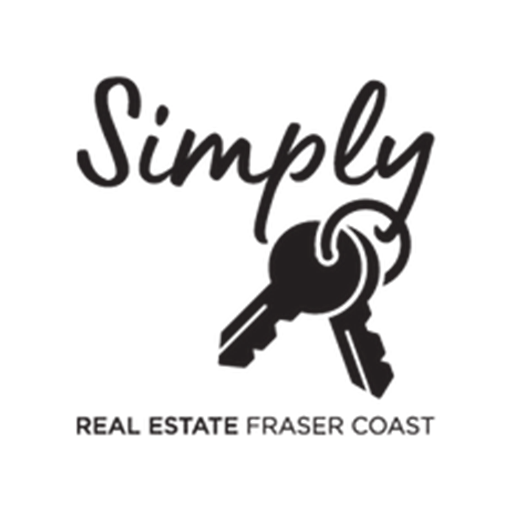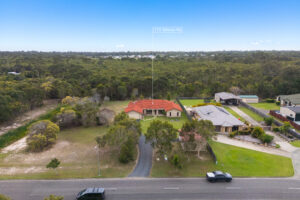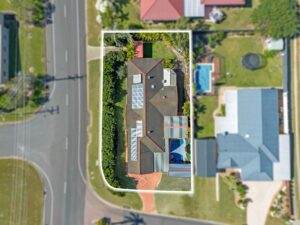Setting the right price for your home is a critical decision that can significantly impact your selling experience. The price you choose can attract or deter potential buyers, influence the time your property spends on the market, and ultimately determine your success in selling. In this blog, we’ll delve into different pricing strategies that sellers can consider – from competitive pricing to value-based approaches and negotiation techniques – to help you navigate the complex world of real estate pricing and achieve optimal results.
Competitive Pricing Strategy:
Competitive pricing involves setting your home’s price based on the current market conditions and the prices of comparable properties in your neighbourhood. Your real estate agent will be able to assist you in researching recently sold properties and current listings with similar features, size, and location to determine a competitive listing price. Competitive pricing positions your home favourably among similar properties, attracting potential buyers who see value in your offering.

Value-Based Pricing Strategy:
Value-based pricing builds on the competitive pricing strategy and considers the unique features, upgrades, and benefits your home offers compared to others in the marketplace. Consider the special characteristics that make your property stand out, such as a renovated kitchen, a large backyard, or proximity to schools and amenities. Price your home based on the perceived value it provides to potential buyers.
Pricing for Negotiation Strategy:
Setting a slightly higher listing price than you expect to receive allows room for negotiation. This strategy acknowledges that buyers often make offers below the asking price, giving you the flexibility to negotiate without compromising your bottom line. Keep in mind that this approach may attract fewer initial offers but can lead to successful negotiations and a higher final sale price.

Undercutting the Competition Strategy:
By strategically pricing your home slightly below the competition, you can create a sense of urgency among potential buyers. This strategy can attract more attention and generate multiple offers, potentially leading to a competitive bidding situation and driving the final sale price above the listing price and may even exceed the prices obtained by the competition.
Pricing with Percentages Strategy: This strategy involves pricing your home at a specific percentage above or below the estimated market value. For example, you might choose to price your home 5% below market value to encourage a quick sale, or 10% above market value to allow for negotiation. Percentages can provide a clear framework for setting a price that aligns with your selling goals.
Time-Dependent Pricing Strategy: Consider adjusting your price based on the time your property has been on the market. If you’re aiming for a quick sale, you might start with a slightly lower price and gradually reduce it if the property doesn’t receive sufficient attention. On the other hand, if time is not a constraint, you can afford to be patient and hold firm on your initial asking price.
Consult with a Real Estate Professional:
One of the most effective strategies is to work closely with a real estate professional. An experienced agent can analyse market data, provide insights into buyer behaviour, and help you determine the best pricing strategy based on your specific circumstances and goals.

Choosing the right pricing strategy for your home is a pivotal step in the selling process. By understanding and considering various approaches – from competitive pricing to value-based strategies and those designed for negotiation – you can position your property to attract the right buyers, generate interest, and achieve a successful sale. Remember, a well-thought-out pricing strategy, combined with the guidance of a knowledgeable real estate agent, can maximise your chances of selling your home for its true value and in a timeframe that aligns with your objectives.








